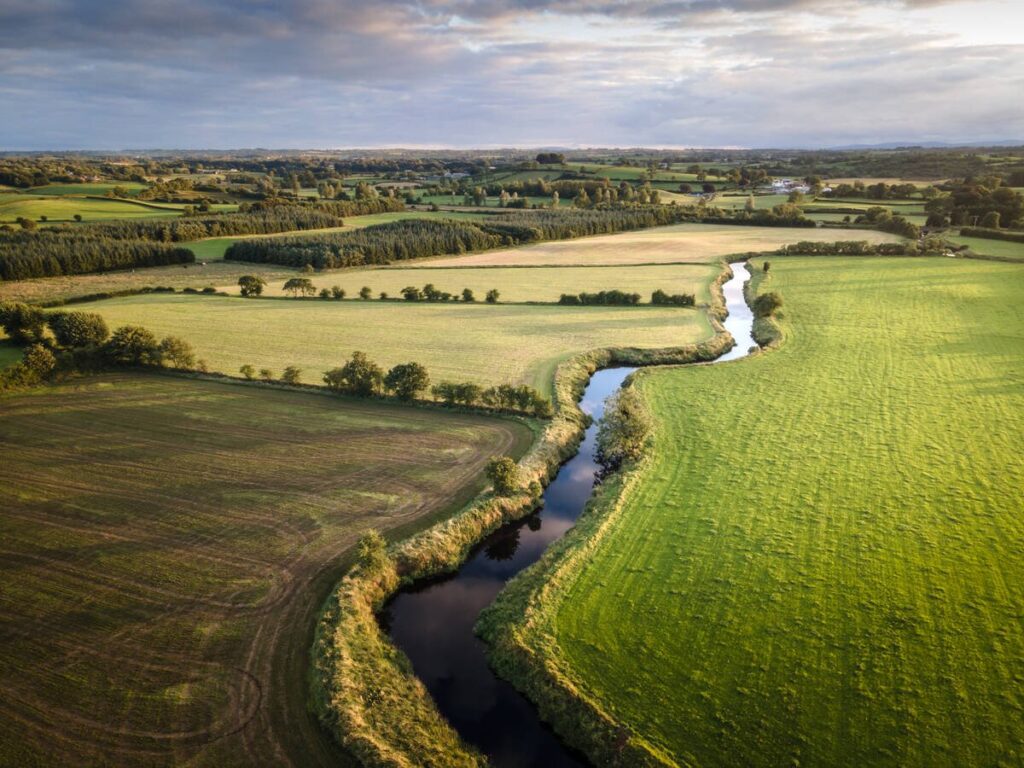Farm climate adaptation on tap with Manitoba Forage and Grassland Association project

The latest project from the Manitoba Forage and Grassland Association hopes to put a local lens on climate resilience.
The goal, the association has said, is to project local climate impacts and develop means for agriculture to adapt. Results will include climate risk maps designed to guide agricultural sustainability and community resilience decisions in rural Manitoba.
The year-long initiative will be the latest to tap the MFGA’s Aquanty Project.
Read Also


Top 10 tips for Ag in Motion 2025
Ag in Motion showcases the latest advancements in agricultural technology and equipment, and brings together farmers, industry leaders and ag…
That hydrological model maps water and land interactions in the Assiniboine River basin and Pembina River watershed. Scenarios run through the model have been used by local governments to plan water management and flood strategies. More recently, the association launched a flood forecasting tool, allowing producers to anticipate what local water levels will do in the near future.
The new project, dubbed “Evaluating climate change impacts on Manitoba’s forage and grassland landscapes,” will rely on that same modelling. The project will focus on the Pembina Valley Watershed District and the Assiniboine West Watershed District, with simulations paying special attention to key regions like the Pembina River, Swan Lake and Oak River areas.
“The … project will be critical to understand how water availability, including groundwater, will be affected in rural areas,” said Steven Fry, Aquanty’s lead scientist.
“The MFGA Aquanty model has (a) unique approach that factors both surface and subsurface resources.”
Aquanty will generate multiple climate scenarios for the initiative, projected out to 2050 and 2100.
The project is slated for $130,000 in provincial funds and is part of a broader $2 million provincial initiative.
The public will be able to access the resulting data and risk assessments through the MFGA website. Presentations and webinars are also planned to help farmers put climate adaptation strategies to work.
Protecting the environment is a priority for the provincial government, environment and climate change minister Mike Moyes said in a press release.
“We know that by working together with organizations and businesses in Manitoba, we can make a real change in communities,” Moyes said.
“I look forward to seeing the results of the MFGA’s new initiative that will help provide critical information for agricultural producers.”
Forages and perennial crops will be some of the climate mitigation tools the project will look at, according to MFGA executive director Duncan Morrison.
“These provide several natural benefits in a changing climate, especially around water,” he said.
“The other thing is the acknowledgement that they are a valuable commodity crop as well.”
Association chair Mike Duguid, who operates a diversified farm with his son, Scott, nearGimli, believes perennial forage represents a boon for both managing climate challengesand a vulnerable agricultural sector.
The loss of grasslands is a long-noted fight for the livestock sector and some corners of the sustainability debate, which point to grasslands as carbon sinks and habitat for endangered wildlife, as well as their agricultural significance.
“We expect our project will further validate and better understand the important role of grasslands and the economic values of perennial forage crops in times ahead for both climate and water challenges,” Duguid said.
Source: www.producer.com


